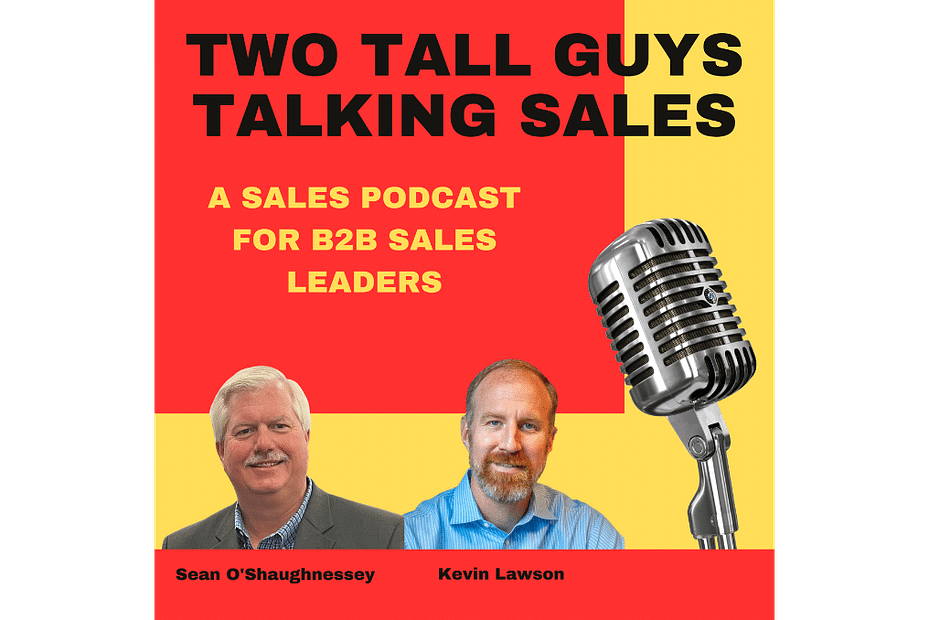Two Tall Guys Talking Sales – Tom Gottlieb of Berkshire Hathaway Explains How Buyers Want Growth- How Sales Leaders Can Increase Company Worth – E131
In this insightful episode of Two Tall Guys Talking Sales, hosts Kevin Lawson and Sean O’Shaughnessey welcome business intermediary Tom Gottlieb of Berkshire Hathaway. Tom brings decades of experience in buying, selling, and valuing businesses across the Midwest. The conversation dives deep into what truly drives the value of a company—and how sales leaders and business owners alike can prepare their organizations for a future transition. Whether you’re a business owner considering a sale or… Two Tall Guys Talking Sales – Tom Gottlieb of Berkshire Hathaway Explains How Buyers Want Growth- How Sales Leaders Can Increase Company Worth – E131

